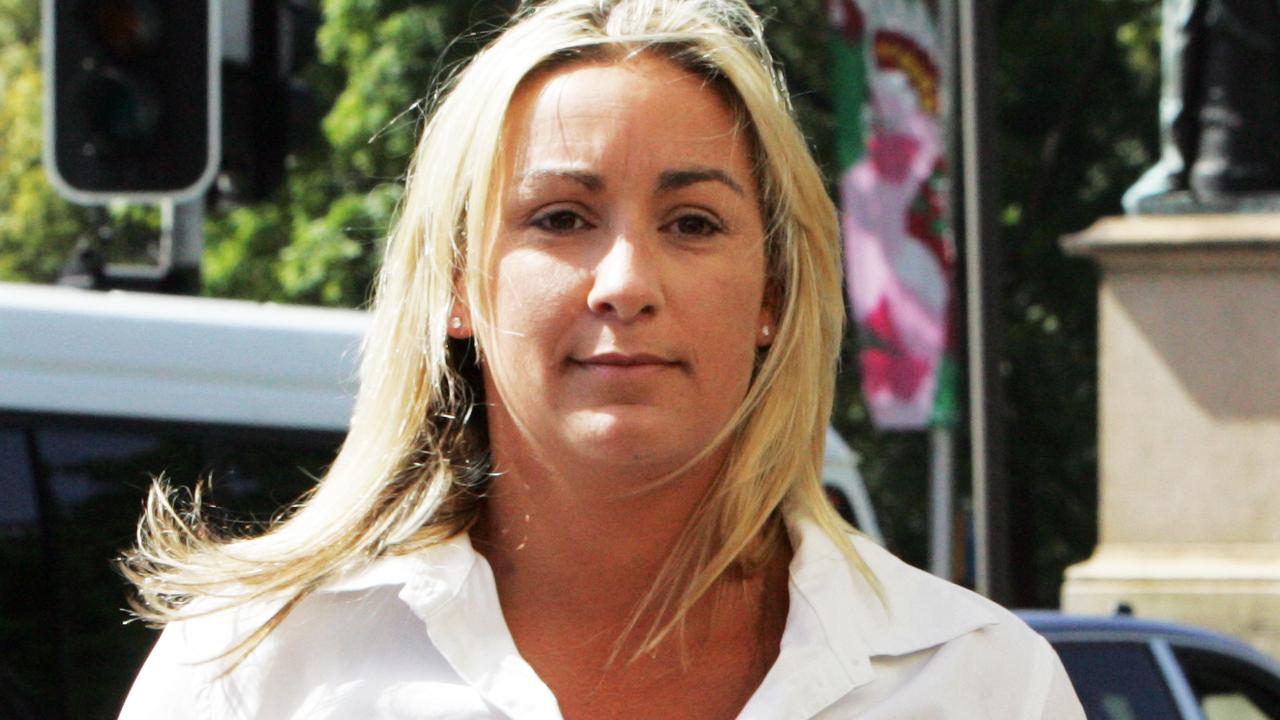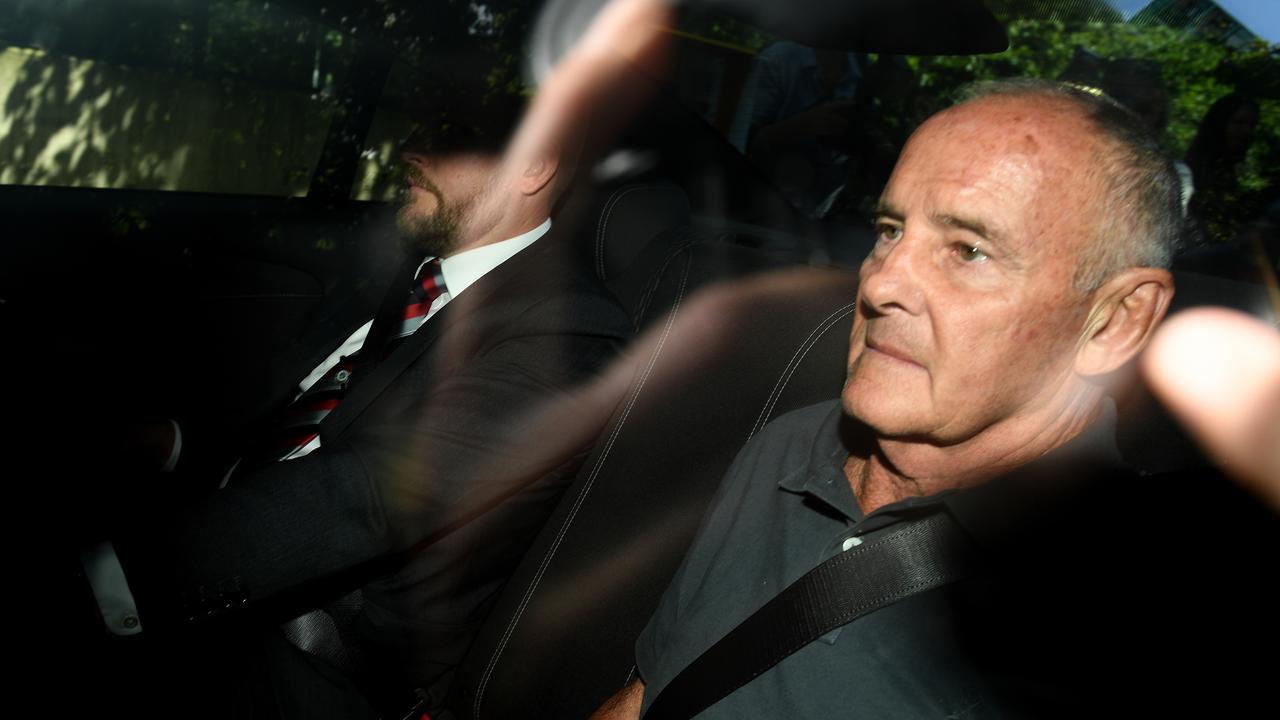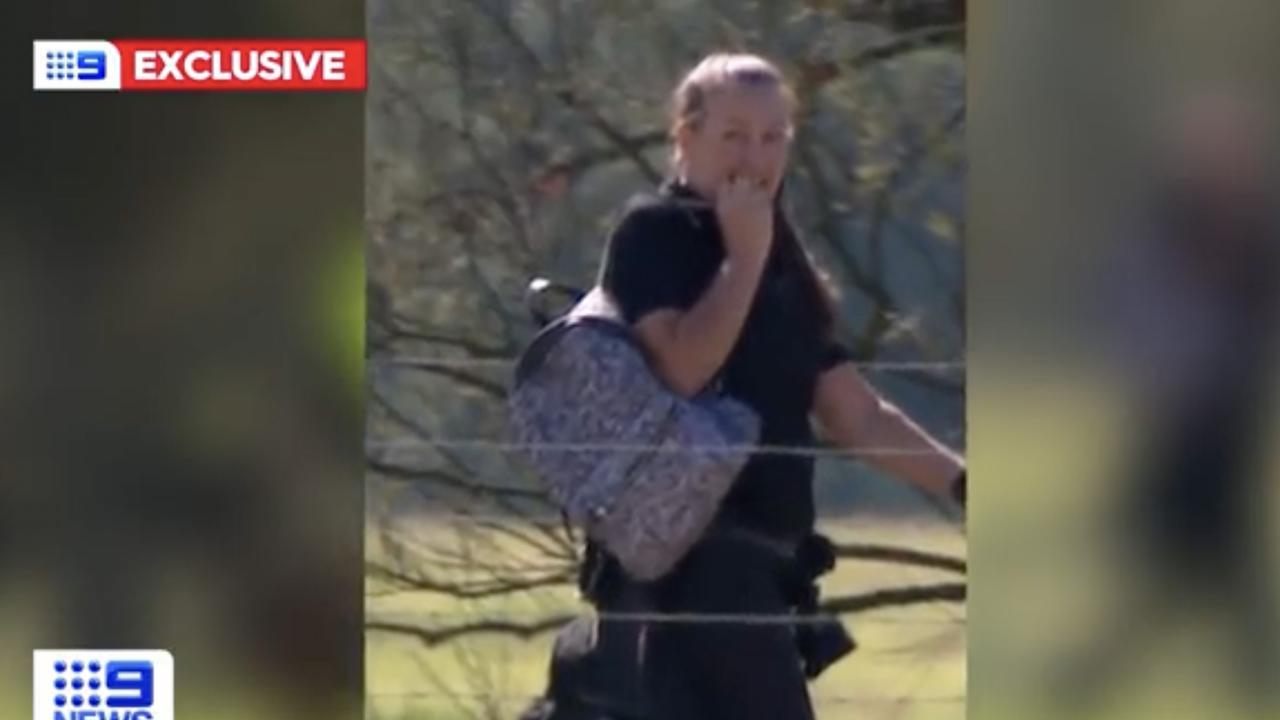‘Unfair’: How Chris Dawson gave Keli Lane four more years of prison
The law was controversial when it was first brought in. Now there are concerns Keli Lane has become the sacrificial lamb of ‘knee-jerk’ legislation.
Baby killer Keli Lane has always maintained her innocence.
It’s the reason why her case has always been so compelling and why on Friday – 14 years after Lane was found guilty by a jury – her rejected bid for freedom made headlines everywhere.
But it’s also the reason she will spend four extra years in jail.
Lane, 49, was sentenced to a minimum 13 years and five months in jail back in 2010 after being found guilty by a jury to the murder of newborn daughter Tegan, whom she gave birth to in 1996 at Auburn Hospital.

Lane has always claimed she gave the child to her biological father, a man named Andrew ‘Norris or Morris’. Neither the father or Tegan have ever been found.
On Friday – as Lane’s parole release date of May 12 loomed – five members of the NSW State Parole Authority sat down in a room in Parramatta in a private meeting to consider whether she should be released.
But thanks to NSW’s new “no body, no parole” law, Lane already knew she had little to no chance of being considered for release.
Her bid for freedom was formally rejected and is now likely to serve her full maximum sentence, which expires in December 2028.
The “no body, no parole” laws were introduced in October 2022 off the back of the high-profile murder trial of former teacher Chris Dawson.
Dawson was found to have killed his wife Lynette Simms in 1982. Her body has never been found.

The laws state that without a serious offender “cooperating satisfactorily to identify the location” of their victim, they cannot be considered for release.
Friday’s parole determination for Lane proved the first high-profile case to test the laws – not just in NSW – but across Australia.
Similar laws have been introduced to the Northern Territory, Queensland, South Australia, Victoria and Western Australia over the last decade, but are rarely tested.
Now – following Lane’s parole rejection – experts of the case have expressed their concerns about the new legislation, saying an urgent review is necessary.
Dr Xanthe Mallett, who is Associate Professor of Criminology & Director of the Justice Clinic at Newcastle University, said Lane had become a victim of a “knee-jerk” law change to the conviction of Chris Dawson – who may “never” be subject to the law given his age and 18-year non-parole jail sentence.
She also said that is Lane was eligible for parole prior to the Chris Dawson case – she would have almost certainly been released.
“[The laws] are problematic,” she said.
“There are already problems with the conviction, there is no body, no evidence, and no witnesses. I just don’t know who it is serving keeping Keli Lane incarcerated. I don’t think these laws are just; they are poorly constructed.”

The judge of Lane’s original case – former NSW Supreme Court Justice Anthony Whealy KC – also expressed his concern about the laws following her rejected parole bid on Friday.
Speaking to news.com.au, Whealy called the new legislation as it stands “unfair and unjust” and said it was further punishing Lane behind the original sentence he handed down.
“Judges take a great deal of care in handing down a sentence for a non-parole period as it’s designed to make the punishment fit the crime,” he said.
“Parole can be refused if they offend in custody or pose a risk to the community but [in this case] it seems to me … it’s additional punishment.”
ANU Professor of Criminology Lorana Bartels also flagged concerns that the legislation does not consider that sometimes our system “gets it wrong” when convicting an individual. She said it was particularly concerning given the cloud of doubt surrounding Lane’s case.
“She has always presented a narrative that she can’t reveal the whereabouts of the body because there isn’t one,” she said.
“Hypothetically she could turn around now and say I will tell you where the body is [in a bid for parole] but there they will say well for 14 years she’s been lying. It’s a case of damned if you do damned if you don’t.”
Dr Bartels said the law may be reviewed in the future, however, it would likely come too late to assist Lane in her bid for freedom.
“I don’t think the taxpayer is served well by keeping [Lane] in prison,” she said.
“We’ve seen what happened with Katherine Folbigg she was finally vindicated and released and those cases happened at similar times. That demonstrated that the system sometimes gets it wrong.”





